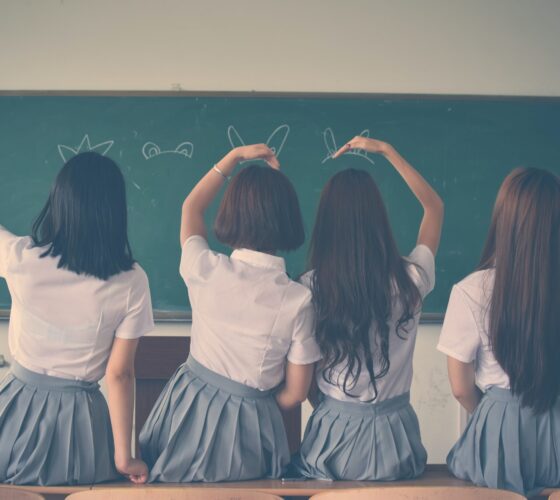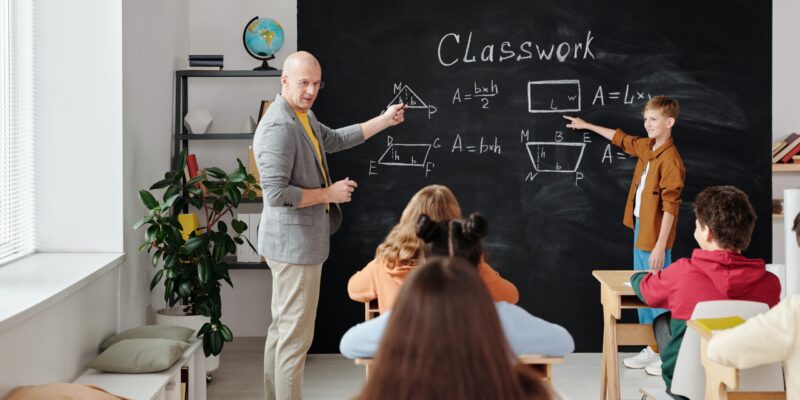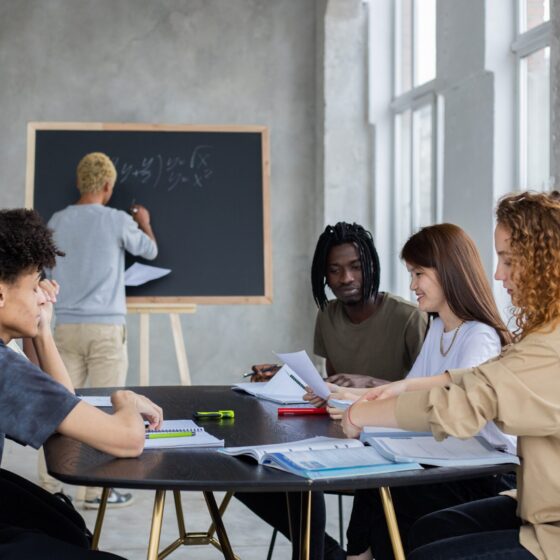Project Info
Course center Provider: Europe for all
PIC: 948745070 OID: E10049367
Locations: Milano Italy;
Category: Teaching Method
Project Info
Course center Provider: Europe for all
PIC: 948745070 OID: E10049367
Locations: Milano Italy;
Category: Teaching Method
In recent years, reflections in the field of teaching have focused on how to use new technologies at school and on how to make students more involved in a learning process that puts the student at the center. The flipped classroom is a methodology that takes both of these aspects into consideration. A first principle on which this methodology is based is active and collaborative learning through which the student does not passively receive notions, but elaborates them, reflects on them and applies them. The work is carried out mainly in groups, favoring collaboration between students and comparison. A second principle concerns the anticipation of content: the study topics are in fact anticipated through different materials that the student views and studies at home and then already has knowledge of them when setting up classroom work. A third principle is to combine the use of new technologies that allow remote teaching with face-toface teaching. The contents are studied at home, but prepared by the teacher and thus become material for subsequent work in the presence

The flipped classroom – inverted classroom or inverted teaching – is a teaching strategy that overturns the traditional teaching approach: pupils at home address the topic before class through short introductory videos or other material prepared by the teacher, while the time in class it is dedicated to in-depth study and is focused on laboratory learning. The advantages concern both a greater involvement of the class and a deepening and strengthening for all and the development of a learning process more suitable for everyone, in which each student actually receives what they need. If in traditional teaching, of the transmissive type, most of the time is spent above all to understand, understand, and then get to synthesize and evaluate, with the inverted class more space is given to analyze, to evaluate to arrive at creating, produce, improving the learning process also using technology.

The flipped classroom allows to go beyond the organizations and hierarchical divisions within the class; both teachers and students, in fact, place themselves on the same level and share a common goal: to conduct an analysis of a specific topic to share the knowledge that each of the participants has or has acquired, in order to address it from one point of a broader view and consider aspects that perhaps, from a subjective perspective, had not been taken into consideration or had not been fully acquired. Another non-negligible aspect of this philosophy is the conscious and correct use of technologies. Also in this case, many will say that today’s kids already spend too many hours in front of smartphone or computer screens and that stimulating them to use these means could be counterproductive as it would mean, in a certain sense, almost instigating students to get distracted. In fact, however, if it is true that the network and new technologies are a vast area where you can find a vastness of material and, why not, of distractions, it is also true that, if the session has been correctly planned by the teacher and it is not simply used as a “hole stage” activity in the event that you do not want to take a lesson, the teacher will be able to direct students to sources, sites and materials suited to their knowledge, appropriate to the context and captivating. For example, videos and multimedia content can be a valid alternative to the frontal explanation. They are, in fact, more captivating and stimulating for children and can also represent a more usable source of information than books or notes for children with LD who would therefore have the opportunity to participate more actively in the proposed activities

Program
Day 1 :
-Welcome Meeting.
-Rules applicable in Italy, information about Milano and general information about the Programme.
-Managing partecipant’s expectations about the program.
-Social activities
Day 2:
Workshop:
-good practices, from traditional to innovative : tools for teachers
Day 3 :
-Didactic strategies and tools to make the flipped classroom
Day 4 :
-Creation of folders and documents shared with the trainer;
-Build a short presentation in “Google Slides”;
-Make a simple test with “Questbase
Day 5 :
-The teacher’s website Construction of the teacher’s blog with Google Sites.
Day 6 :
– Management of a virtual classroom, organization of materials by topic, creation of forums.
Day 7 :
– Online Tools for Formative Assessment
-Certficate and Cerimony
Dates:
2024
from 21/01/2024 to 27/01/2024
from 07/04/2024 to 13/04/2024
from 09/06/2024 to 15/06/2024
from 14/07/2024 to 20/07/2024
from 29/09/2024 to 05/10/2024
from 01/12/2024 to 07/12/2024
2025
from 23/03/2025 to 29/03/2025
from 22/06/2025 to 28/06/2025
from 12/10/2025 to 18/10/2025
from 14/12/2025 to 20/12/2025
The dates may be changed by according the needs of the participants .
We can also provide at accomodation, airport services etc.